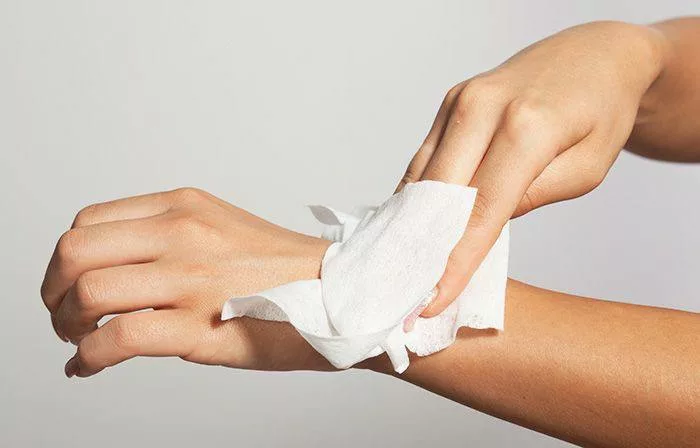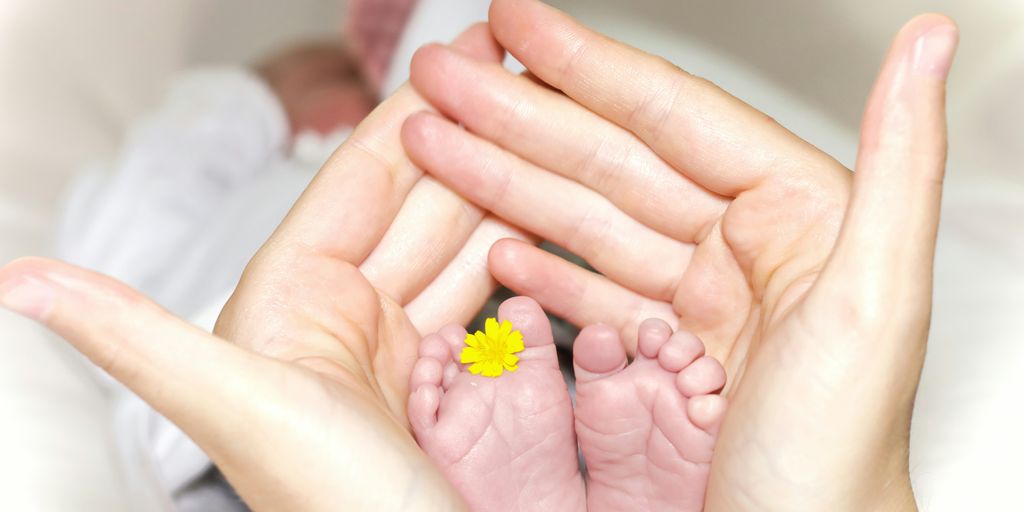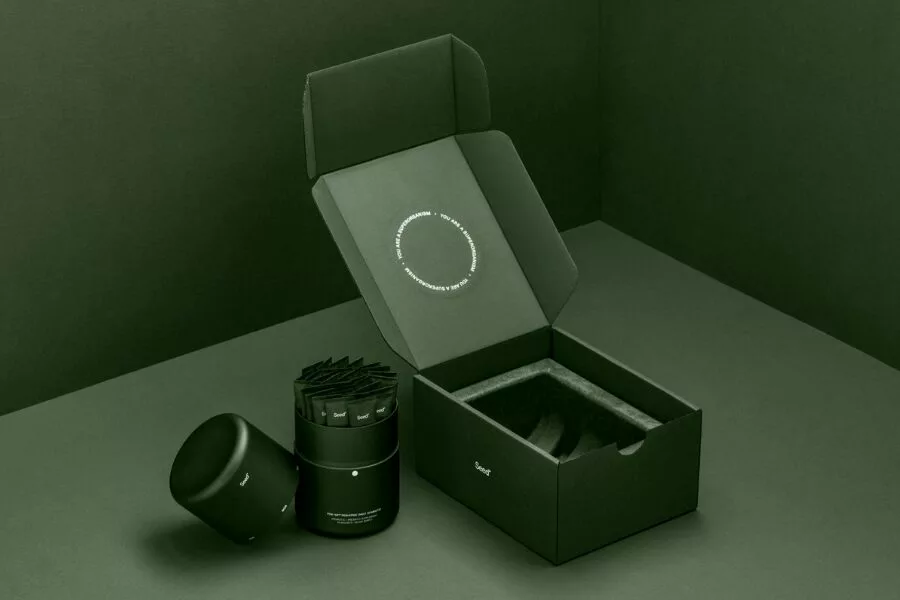Flushable wipes have gained popularity for their convenience, but there are widespread misconceptions about their safety and environmental impact. In this comprehensive exploration, we will demystify these myths and shed light on the potential problems they pose to plumbing, septic systems, and wastewater treatment plants. Understanding the realities behind these myths is crucial for responsible usage and proper disposal practices, safeguarding both our sewage systems and the environment.

Myth 1: They are 100% Flushable
While they are convenient, not all of them are suitable for flushing. Many contain non-biodegradable polyester fibers alongside plant-based materials. To ensure responsible usage, it’s essential to examine the materials used in their production.
Certain brands, like Nice N Clean Wipes, offer wipes made solely from plant-based fibers, claiming to break down five times faster than standard toilet paper. Despite this, it is advisable to dispose of even 100% flushable wipes in a trash bin rather than risk plumbing issues and costly maintenance.
Myth 2: They are Eco-Friendly
Repeatedly using them for various activities can have an adverse environmental impact. An eco-friendly alternative is choosing reusable cloth wipes made from natural materials like bamboo, cotton, and hemp. These cloth wipes are not only environmentally friendly but also cost-effective in the long run.
For those instances when disposable wipes are necessary, it is crucial not to flush them down the toilet. Responsible disposal in a trash bin is recommended to prevent environmental harm.
Myth 3: They are Safe for Plumbing
Despite labels claiming that wipes are ’flushable’ or ’septic-safe,’ plumbing experts advise against flushing them. Even though some wipes may be biodegradable, the process is slow, and blockages can occur in pipes. Toilet paper is the only item designed for flushing, and anything else can lead to plumbing issues.
Myth 4: They are Biodegradable
The label ’biodegradable’ on them can be misleading. Different companies use varying materials in their manufacturing, and while some wipes may technically be biodegradable, they can take years to break down once flushed. Additionally, wipes containing polyester are not fully biodegradable. Experts advise against flushing any kind, considering the potential for plumbing problems.

Myth 5: They Disintegrate Quickly in Water
While some wipes may eventually disintegrate or biodegrade in water, they do so at a slower rate than toilet paper. Plumbing organizations emphasize that they do not break down as rapidly as toilet paper and should not be flushed.
Myth 6: They Won’t Harm Septic Systems
Flushable wipes can harm septic systems by accumulating in the tank, adding extra load, and increasing maintenance costs. Michigan State University’s study also supports concerns about the impact of ’flushable wipes’ on septic systems.
Myth 7: Wipes Labeled as Septic-Safe are Safe to Flush
Septic-safe wipes may disintegrate more quickly than other flushable wipes, but they can still lead to clogging and drainage problems. They do not break down as rapidly as toilet paper, and experts advise against flushing any kind of wipes.

Myth 8: Wastewater Treatment Plants Can Handle Them
Sewer systems and treatment plants are not designed to handle any kind of wipes. Flushed wipes can clog pipes and pumps, resulting in substantial maintenance expenses. Experts recommend disposing of wipes in the trash to prevent these costly issues.
Myth 9: Plumbing Problems Caused by Flushable Wipes Are Rare
Plumbing issues caused by them are common and expensive to fix. Recent reports highlight the problem of clogged pipes and pumps due to excessive flushing of disposable wipes. Utilities have long advised against flushing flushable items, as they damage systems and can lead to sewage leaks.
Myth 10: They are Accepted in Recycling Bins
There is a common misconception that they can be disposed of in recycling bins alongside other recyclable materials. However, this is not the case. Flushable wipes are not recyclable due to their composition, which often includes a combination of natural and synthetic materials. When placed in recycling bins, these wipes can contaminate the recycling process, making it less effective and environmentally friendly. It’s crucial to dispose of flushable wipes in the appropriate waste bins to ensure proper disposal and reduce the risk of hindering recycling efforts.

Myth 11: They are Safer for Sensitive Skin
While flushable wipes are often marketed as gentle on the skin, they may still cause skin irritation, particularly in individuals with sensitive or easily irritated skin. The ingredients in these wipes, including preservatives and fragrances, can trigger allergic reactions or irritation. To minimize the risk, it’s advisable to perform a patch-test before using them on sensitive skin areas. This simple precaution can help prevent skin discomfort and ensure a safer experience when using these products.
Myth 12: They are Odor-Free
They are not inherently odor-free. Over time, if not disposed of properly, these wipes can develop unpleasant odors. When flushed, they can get trapped in plumbing systems or sewage, leading to bacterial growth and odor issues. To maintain freshness and prevent odor problems, it’s essential to follow proper disposal practices by placing used them in the trash. This simple step can help keep your environment free from unwanted odors and maintain a hygienic atmosphere.

The Importance of Informed Choices
Consumer awareness plays a pivotal role in addressing misconceptions about them. Informed consumers make responsible decisions, understanding the potential problems caused by flushing wipes. To reduce environmental impact and avoid plumbing expenses, choose products with clear labeling and consider sustainable alternatives like reusable cloth wipes. These small behavioral changes can have a significant positive impact on the environment and reduce avoidable expenses in plumbing maintenance.
Conclusion
Flushable wipes have grown in popularity, but there are widespread myths about their safety and environmental impact. Contrary to common belief, these wipes can clog pipes, disrupt septic systems, and pose challenges for treatment plants. Even wipes labeled as “septic-safe” may not be entirely benign.
To prevent costly plumbing issues and environmental concerns, it’s advisable to limit the use of flushable wipes and dispose of them in the trash. Responsible consumer habits, clearer product labeling, and awareness are crucial for efficient wastewater management, safeguarding our sewage systems, and protecting the environment.
Looking to make a greener change? Explore our eco-friendly products store and discover sustainable alternatives that are kind to our planet. Shop now and embrace a more conscious lifestyle









